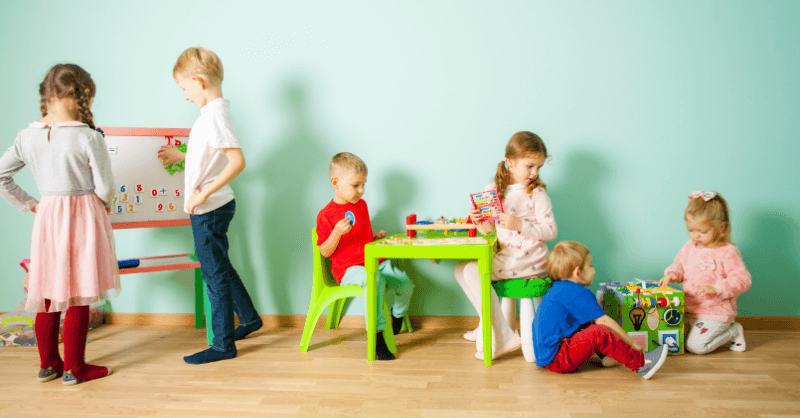How to Encourage Child Development in Early Years?
You can support child development in every stage. The things you can do to promote development in each stage are
Newborn (Age 0-3 Months)
♦ Talk to the babies and do other interactive activities to provide stimulation. This will improve their mental engagement and develop their sense.
♦ When they cry, don’t delay in responding. This will create a bond between you and the baby. Also, it will play a part in emotional development.
♦ If the child smiles or makes noise, do the same. It will develop their communication abilities.
Infant Stage (Age 3-12 Months)
♦ Allow them to move around and explore. It will promote their physical development.
♦ Play music, make different sounds, or talk to the babies. If they respond, give them a hug or other reward. This will elevate their listening skills.
♦ Give them toys to play with. This will help them explore different things. Besides, you should also play with them; it will allow you to bond.
Toddler (age 1-3 Years)
♦ Marinating routine makes the children feel safe. So, set time for every task and encourage the child to follow it.
♦ Read books to them. It will enhance their creativity, and vocabulary and influence cognitive development.
♦ Handle their emotions and tantrums calmly. Explain to them why can are not allowed to have something. This will promote good behaviour.


![]() 13 minutes
13 minutes






































